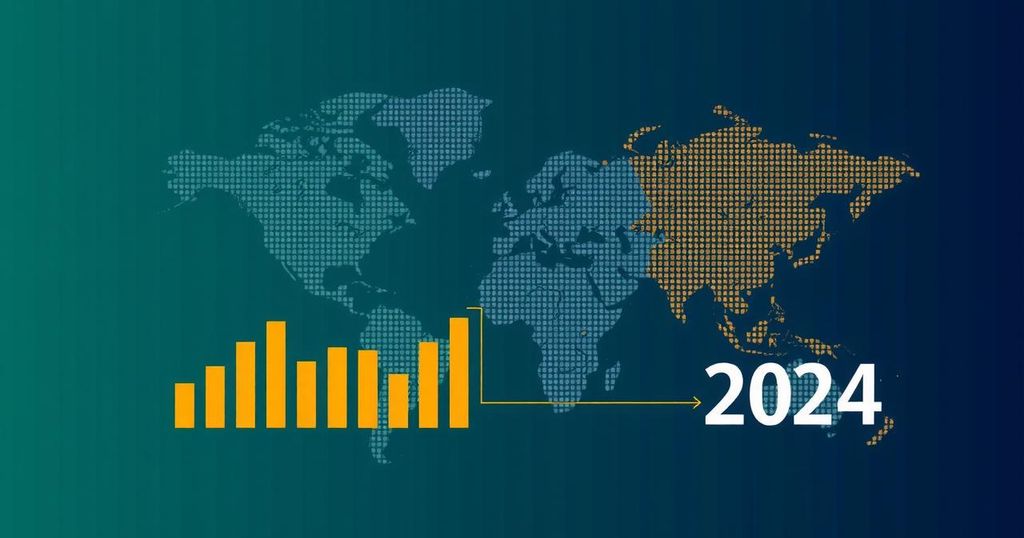Summary
The biometric authentication market is expanding rapidly with expected revenues reaching $15.42 billion by 2028 for fingerprint systems and $19.3 billion for facial recognition by 2032. User comfort with biometric methods is high at 58%, and the market is increasingly trusted among businesses and consumers alike. However, privacy concerns remain a significant barrier to broader acceptance. Overall, the trend towards password-less systems is expected to accelerate across multiple sectors.
The biometric authentication sector continues to expand rapidly, driven by the increasing need for secure identification systems across various industries. Biometrics rely on unique physical characteristics, such as fingerprints and facial recognition, to authenticate identities. In 2022, the fingerprint authentication market achieved revenues of $5.32 billion, and projections indicate this will surge to $15.42 billion by 2028. Meanwhile, the European biometric authentication market involving smart devices is expected to reach $36.24 billion in 2024. Facial recognition technology is also on a significant growth trajectory, anticipated to generate $19.3 billion in revenue by 2032, rising from $5.1 billion in 2022. A compelling 58% of users express comfort with biometric identification methods, such as facial, iris, and voice recognition. Major tech firms are adopting these biometric tools, with 36% acceptance in North America and Europe. Consequently, companies like Socure lead the market with a strong 64% share in facial recognition technologies. The advantages of password-less authentication are noteworthy; 45% of users recognize an improvement in user experience and productivity, while others cite enhanced cybersecurity. However, the field is not without challenges—54% of users voice privacy concerns about biometric data usage, reflecting a critical barrier to broader adoption. Trust in biometric data has seen an increase, with employer confidence rising from 74% in 2020 to 84% in 2022. Furthermore, biometric systems have found favor in sectors such as retail, fintech, and IT services, indicating the trend of reducing reliance on traditional passwords is likely to continue. With an increase in biometric security implementation at airports and higher acceptance rates among younger generations like Gen Z, the biometric landscape is evolving. In looking towards the future, 34% of industries are expected to adopt biometric systems for various applications, pointing towards a robust market poised for further growth.
The report illustrates the growing importance and reliance on biometric technology in modern security and identification systems. Biometrics encompasses methods of authentication that utilize unique human attributes, such as fingerprints, facial features, or voice patterns. The data sourced indicates a strong market trend toward these systems as businesses seek more secure alternatives to traditional passwords and verification methods. As public acceptance grows, particularly among younger demographics, the biometrics market is anticipated to see substantial revenue increases and wider implementation across sectors including travel, finance, and personal identification.
In summary, the biometric authentication market is on a strong growth path, with projected revenues notably increasing across various segments by 2028 and beyond. User acceptance levels are high, and the technology is being adopted more widely, especially among younger consumers. While concerns regarding privacy and data security persist, overall trust in biometric solutions is strengthening, indicating a positive future for biometric systems within various industries. With continued advancements in technology and growing market confidence, biometric authentication is likely to become a standard method for secure identity verification.
Original Source: electroiq.com





